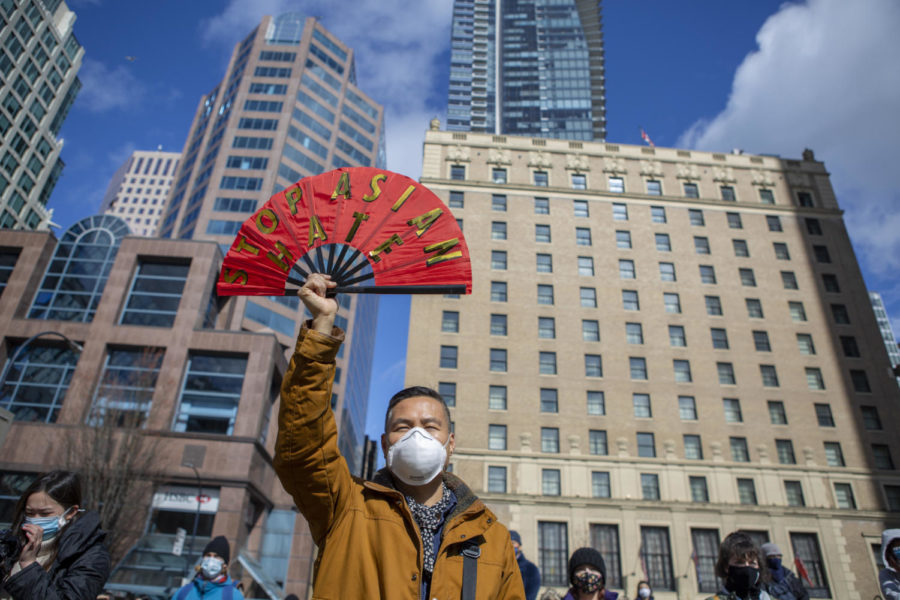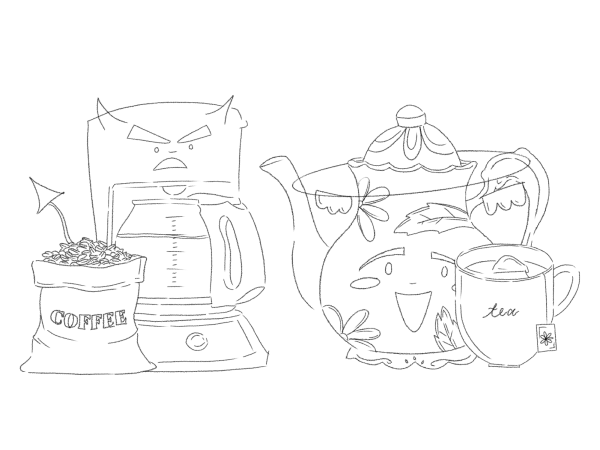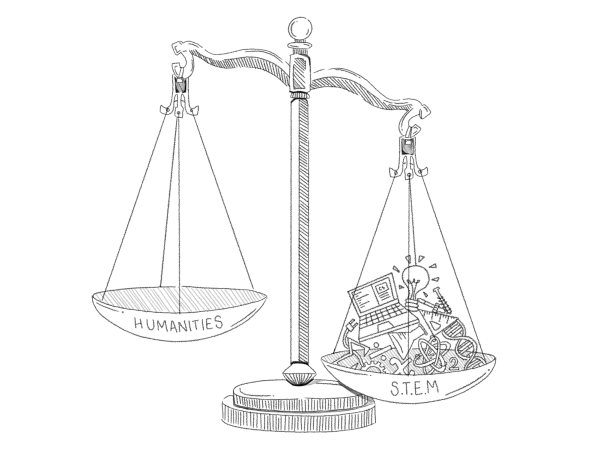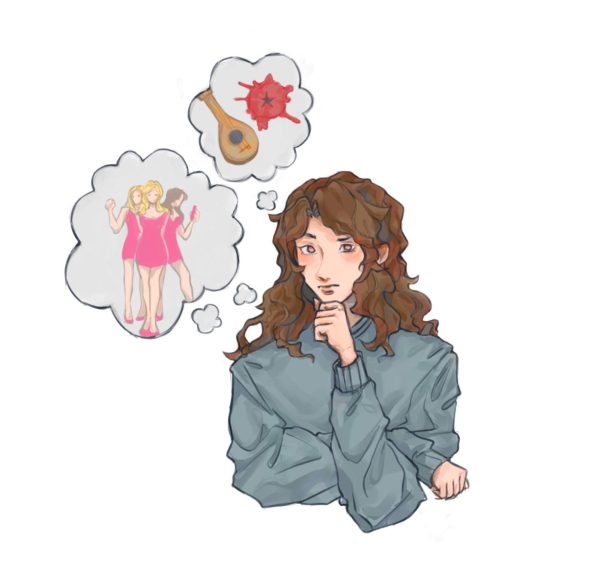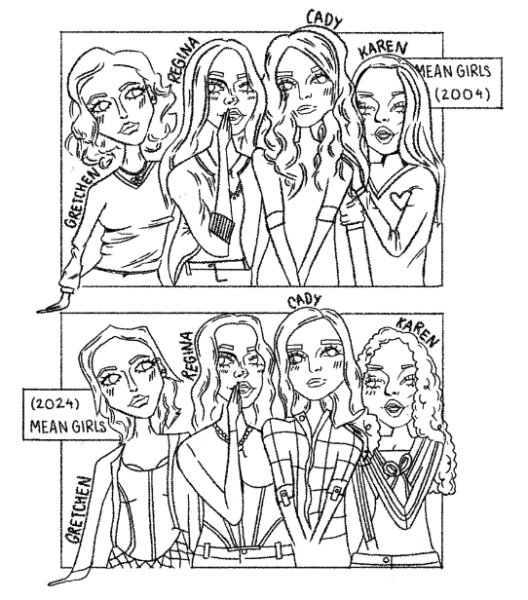The Invalidation of Anti-Asian American Rhetoric and Hate Crimes
People gather at a “Stop Asian American Hate” rally in Vancouver with a protester holding a sign against anti-Chinese rhetoric. Creative commons photo: GoToVan on Flickr.
January 26, 2022
Racially-motivated violence against Asian Americans has been on the rise ever since the start of the pandemic, and the recent public tolerance of anti-Asian American hate crimes has been disheartening.
Last summer, I wrote a news article on the increase of anti-Asian American hate. I wrote it out of concern for the Asian American community and to bring awareness to the issue itself as an Asian American myself, but it’s been around seven months since that piece was published and public perception has since changed for the worse. In fact, as recently as Nov. 30, a peaceful protest was held in Philadelphia in light of recent news of yet another racially motivated assault on Chinese high school student, Christina Lu, on Nov. 17.
Even as someone who keeps up on violence against Asian Americans, I, myself, didn’t even know of Lu assault until specifically researching Asian American hate crimes. And that’s where the issue lies; there’s been a desensitization of public perception towards racially-motivated rhetoric and hate crimes that has to be addressed.
In the summer of 2020, Trump called COVID-19 “the Chinese virus” at one of his rallies. The terms “Chinese virus” and “kung flu,” both popularized by Trump, are terms that associate COVID-19 with its country of origin, thus vilifying Chinese people and becoming yet another demonstration of the popularization of anti-Asian rhetoric. Despite this, the justification of these comments as just a “form of comedy” can even be seen in the YouTube comments below a videotaping of the rally, once again demonstrating how the severity of the usage of racist rhetoric against Asian-Americans has been invalidated time and time again.
Plus, while an NPR poll taken on Oct. 22, 2021 reported that one in four Asian Americans feared that they or members of their household would be attacked because of their ethnicity, the public perception of racially-motivated hate crimes against Asian Americans continues to lessen the weight of the crime until they are no longer hate crimes. Rather, they simply become “a really bad day” for the perpetrator of the crime, as said in the words of the sheriff involved in the case of the Atlanta spa shootings where eight Asian women were killed.
The initial press conferences held with the aforementioned sheriff also reassured the media that the shootings were not hate crimes, stating that the shooter, Robert Aaron Long, did not seem to be motivated by racial bias. People were also quick to dismiss the hate crime committed even in interviews: when asked about Long, those who knew him were quick to point out his religion and his faith in Jesus rather than the racial aspect of the violent acts he committed.
This dismissal of the racially-motivated crime is disheartening to say the least or examples of clueless behavior at best, but in the end, it is yet another demonstration of the normalization of anti-Asian hate crimes. And while it might be difficult to fully put an end to the constant invalidation of anti-Asian suffering, what is possible is to understand that racially-motivated hate crimes and rhetoric are never justified and should never be justified, no matter how comedic a term may be or how bad of a day someone may be having.


